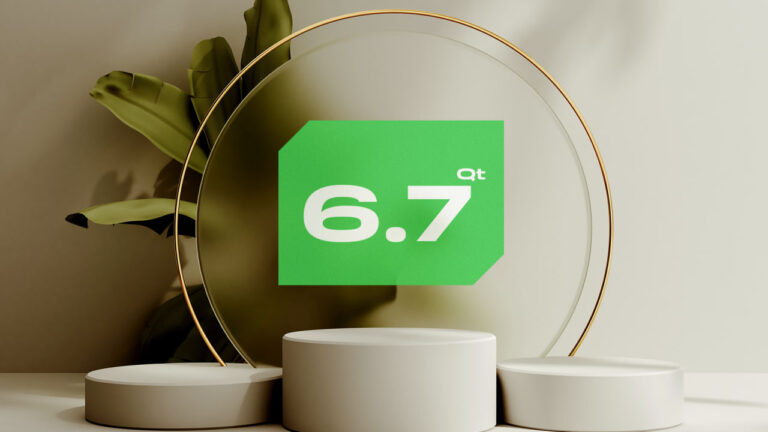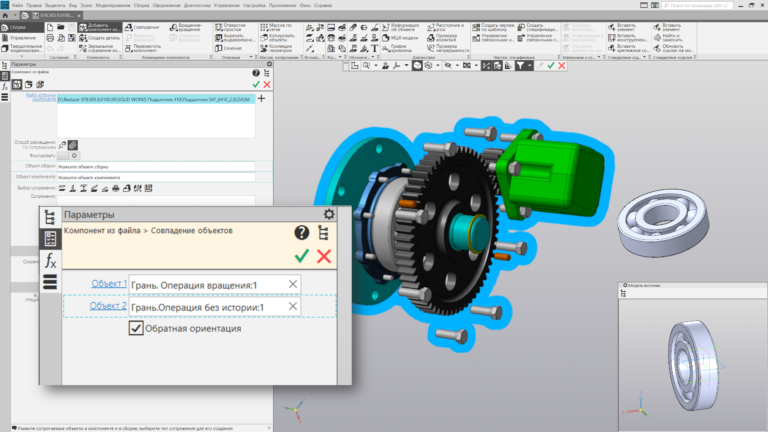student stories AI Talent Hub
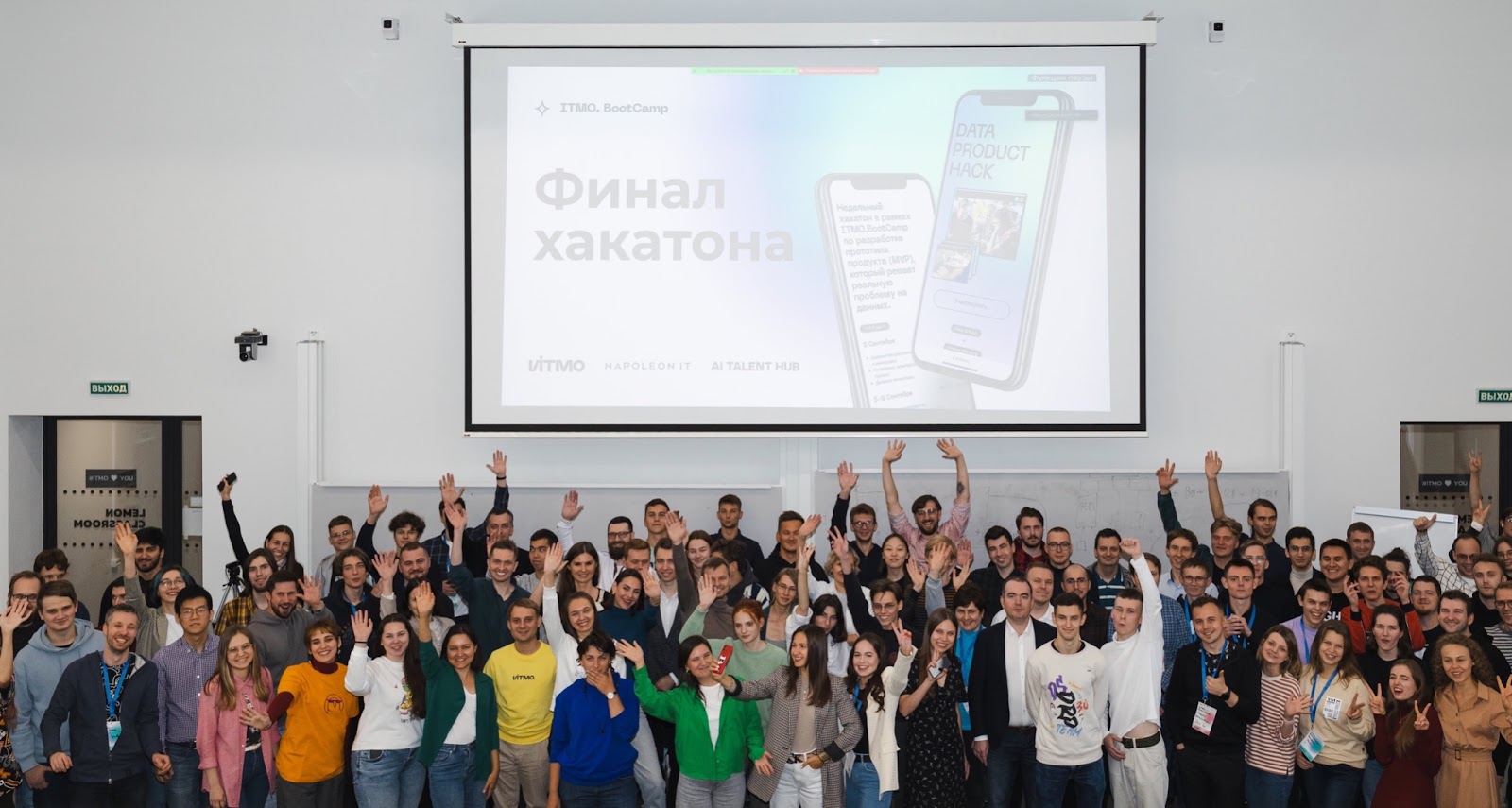
After graduating from a bachelor’s degree, a student is faced with a choice – to go to work or continue their studies in a master’s program. According to various sources, about half of the graduates go to get a master’s degree. Everyone has different reasons: someone wants to increase their competitiveness in the labor market, someone does not have enough bachelor’s qualifications for their chosen profession, another part wants to try themselves in another direction of training, and someone dreams of graduate school. What role does the master’s program actually play for students? We collected inspiring stories of juniors who entered the joint master’s program in artificial intelligence from @NapoleonIT and ITMO AI Talent Hub and revealed their potential to the maximum in the first year of study. Their experience and advice will help you figure out how to develop yourself and become a successful IT specialist even at the start of your career.
Master’s degree is the starting point for a successful career
According to statistics Ministry of Labor, the percentage of employed masters is higher than that of bachelors. But what is the right way to start your career? You can gain experience and show interesting projects in your portfolio, for example, by enrolling in a design master’s program. It is based on real practice with the tasks of companies from the industry with subsequent employment. This, firstly, reduces the period of adaptation of the graduate in the workplace, and secondly, teaches them to navigate the requirements that business puts.
Andrey Semenov, 1st year master student of AI Talent Hub, ML Engineer in the CEO (subsidiary of Gazprom)
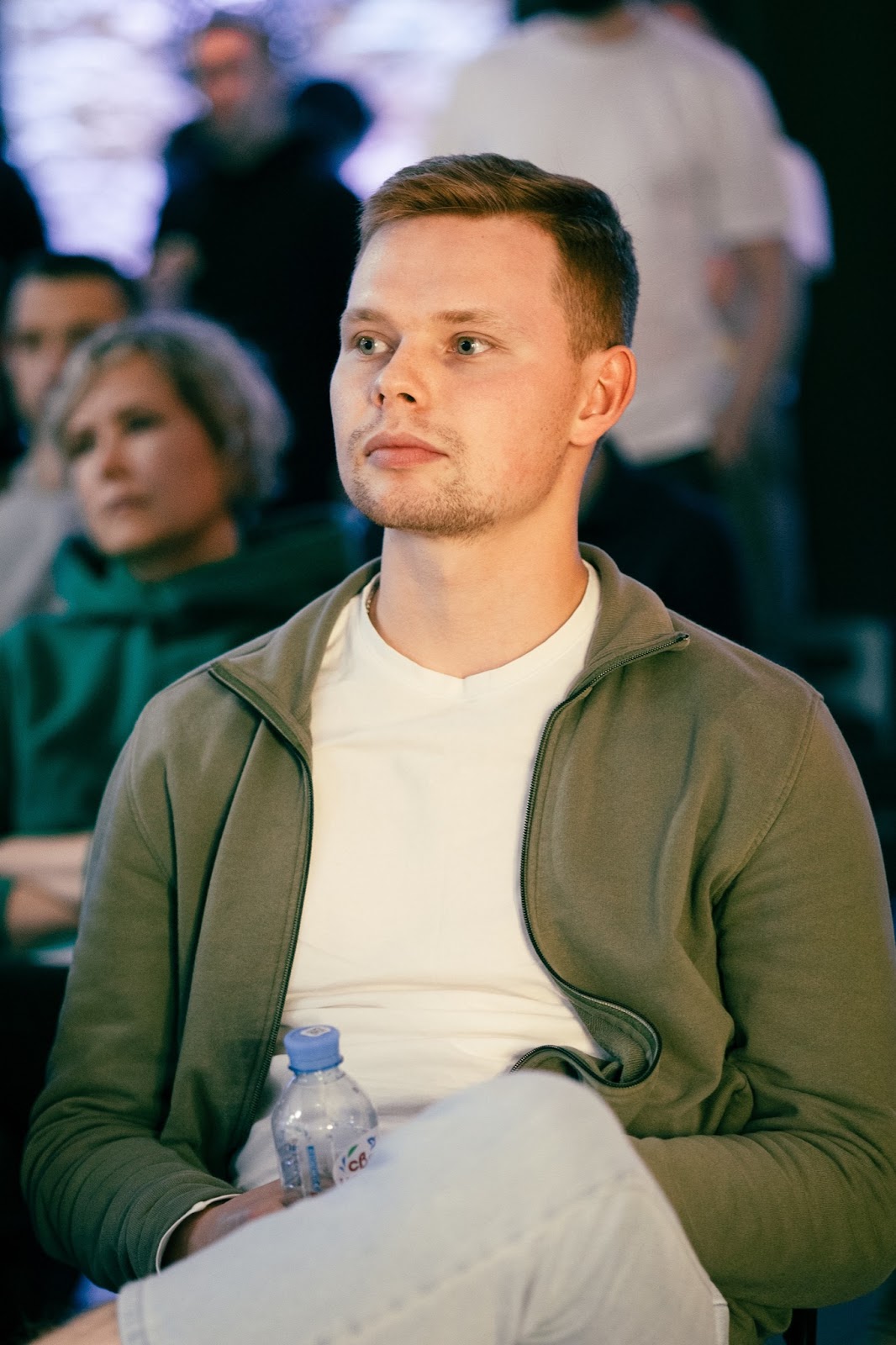
I wanted to go to the magistracy right after the bachelor’s degree. At that time, I was already working in a small company and thought that my level was an advanced junior. I could work independently, I knew where and how to find information, but at some point I reached the ceiling – I wanted to develop.
I learned about the magistracy by chance at ODS. I sent the project to the competition a week before the deadline for accepting applications and won. I was attracted by the fact that undergraduates work on real business problems of partner companies, and couples are led by practitioners and experts in ML. A big breakthrough in growth came from the hackathon in the first week of study – I learned product thinking and now I always ask myself the question: “Why are we doing this?”.
The main thing that distinguishes study in the magistracy is a large amount of information and project work. I used to slow down in solving problems if the topic was new to me. Now the approach has changed. I began to do more with my hands, try in practice, study and immediately apply. Of particular note is the “Recommender Systems” course from MTS – there are a lot of engineering and practical tasks that cannot be solved without knowledge of the theory and its application. In the first semester, I worked with the Rabota.ru project and Mark Panenko to search for vacancies – I managed to find the optimal text encoder, combine the text vector with tabular data, and train several models (baseline, neural models). So I got practical experience and began to do what I previously only knew in theory. Today it helps me in my work.
After the first semester, I realized that I had significantly outgrown my colleagues and began to look for vacancies, successfully passed interviews at the CEO, a digital ecosystem that unites Gazprom Group companies, and now I work there.
Going to graduate school is worth it. Even if you are already pumped, there is always the opportunity to become more expert and stronger. Another plus is the connections and opportunities that stay with you for life after graduation and help develop current projects.
Proactivity is the key to success
In the new conditions, novice IT specialists need to be proactive in order to develop their careers. And maybe it’s not worth writing 100 messages a day on LinkedIn or Telegram, but you definitely need to go to meetups, take part in hackathons, build networking and establish professional acquaintances. It’s easier to do this in a master’s degree. After all, next to you are people united by similar values as you.
Evgeniy Bezmen, 1st year master student at AI Talent Hub, works as a Junior ML Engineer at Sberbank
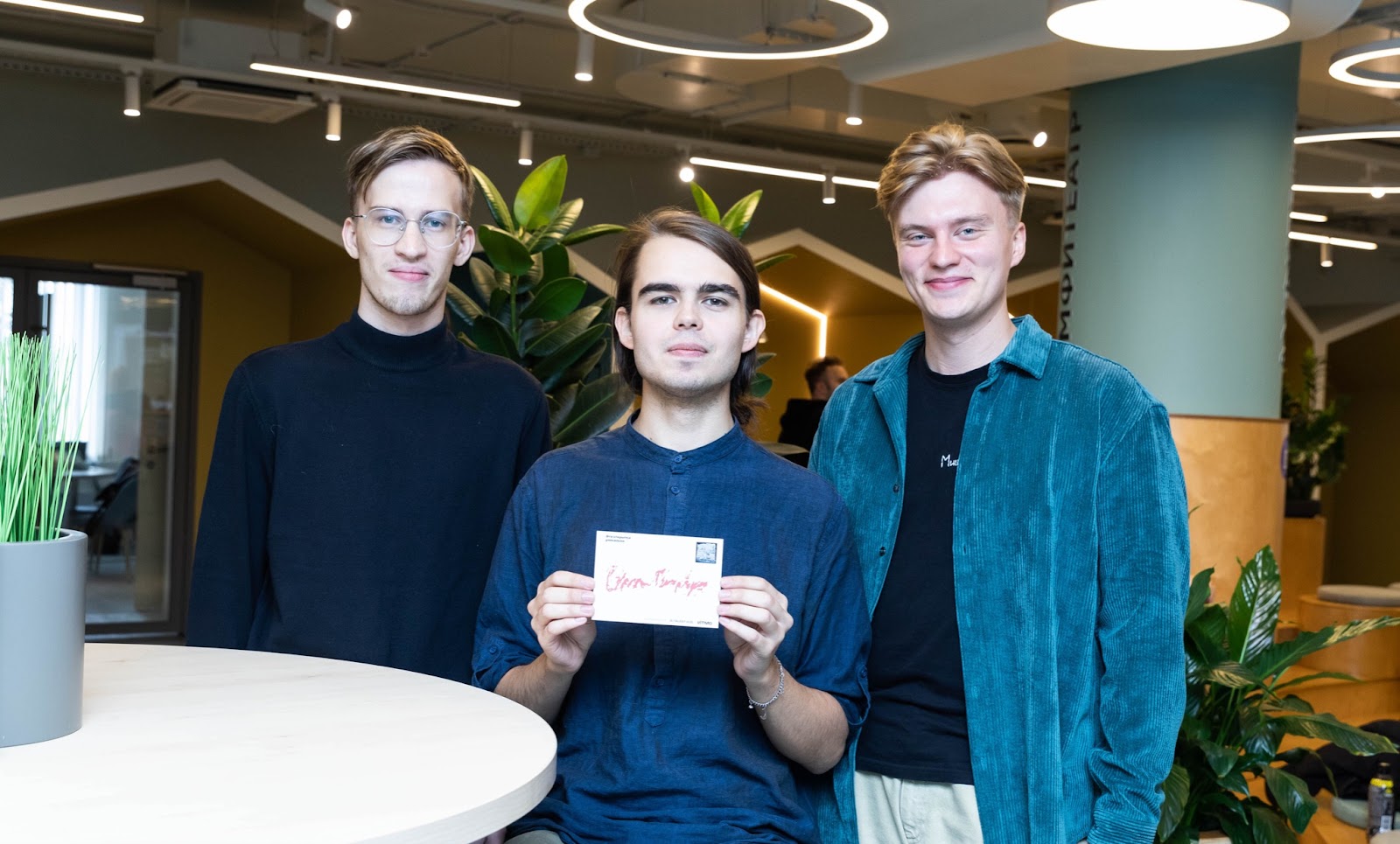
After the bachelor’s degree, I was looking for a master’s program in a remote format in order to be anywhere in the country and the world. When I stumbled upon the AI Talent Hub, I noticed an interesting curriculum. I didn’t know yet that it was a design master’s program. But it turned out that this format suits me very well. And, cooler, over the last year in the magistracy, my life has become noticeably more interesting.
During the first semester, I managed to work on two cool projects, one of them was related to biological viruses, the other was to measure web censorship Ethereum. With the latter, we even won a $20,000 grant. And at the launch Data Product Hack hackathon, my team and I worked on the Napoleon IT task and created a service for generating AI postcards. Later, it was presented at the creative youth forum in St. Petersburg in 2022, as well as at the Data-Driven Life Conference on the use of AI. idea appreciated in scientific and youth committees of St. Petersburg.
Although the study is completely remote, in some places it can be very intensive. You have to learn new technologies and tools in a very short time. In general, do not get bored!
But the main plus of a master’s degree is the community in which you find yourself. We have about 100 people on the program. And these are not just juniors who finished their bachelor’s degree yesterday. There are many among us and those who have already managed to work not in the field of IT, and it is very cool to learn from their life experience. Before graduate school, I already knew two mentors who had a strong influence on me — Maxim Shevchenko and Irina Elisova. Later, Max became our mentor at the hackathon, and Ira became our mentor on the MTS course.
The community helped me in my job search. I responded to a vacancy sent by a current Sber employee and my classmate to our chat. So I got an internship, and now I work as a Junior ML Engineer. I do not plan to stop there, because the second year of study is ahead, and I am striving for the Middle grade.
Investing in juniors is not a trend, but a necessity
Not all companies can afford to invest in juniors and hire them. For example, large players such as MTS, Sberbank, VK, Rostelecom have sufficient resources, while small studios keep them in reserve. Despite the fact that middle specialists are the most in demand on the market right now, it is important to understand that working with juniors is a long-term game. The goal of large companies is to make sure that novice specialists gradually fill the core team of middles and seniors, and the goal of a junior is to gain experience over this period.
Evgeniy Bakaev, 1st year master student of AI Talent Hub, data scientist trainee at Citydrive
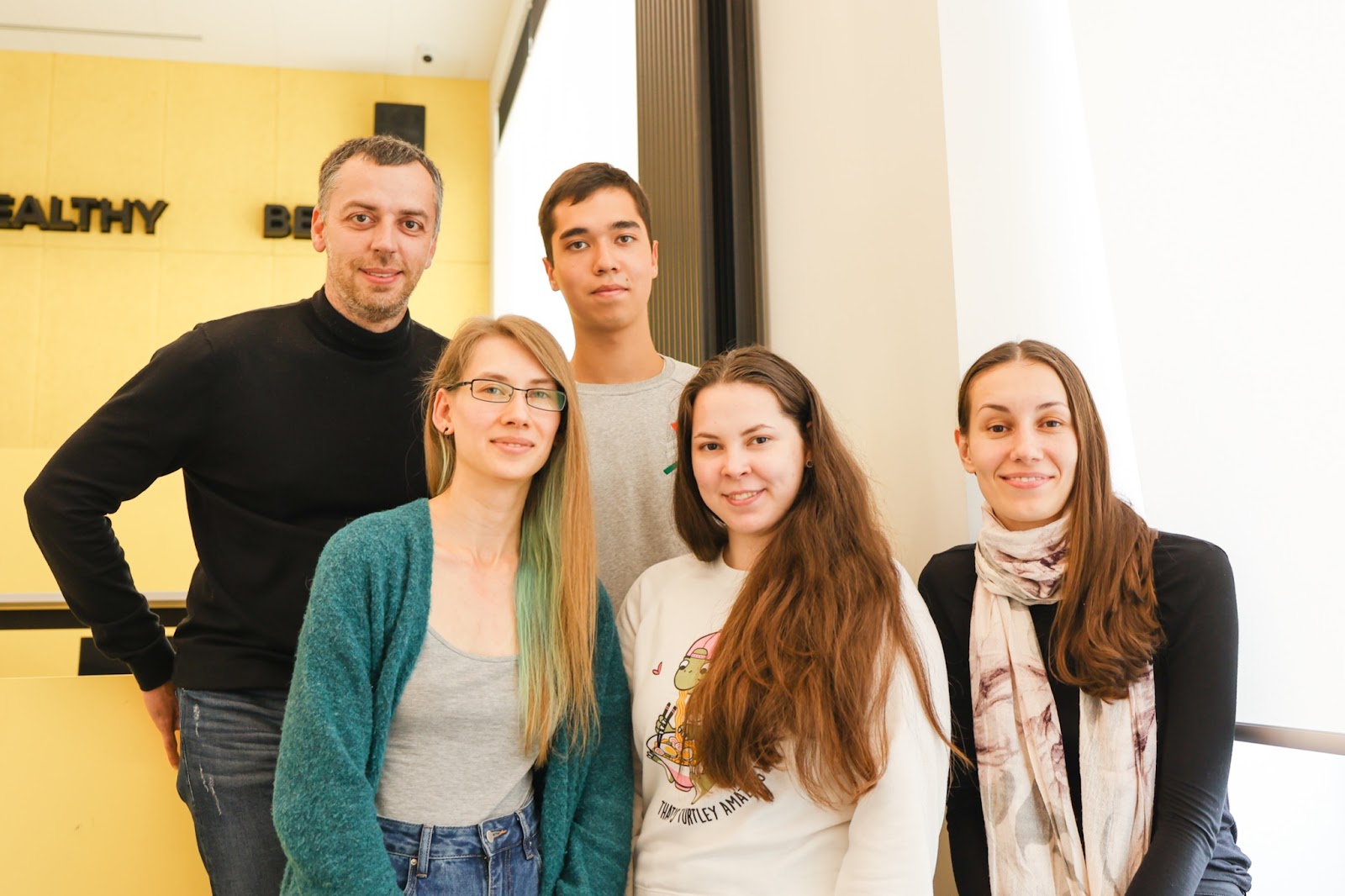
When I entered the AI Talent Hub master’s program, I worked simultaneously as an Internet marketer and a full-stack developer. For a year I was burning with the idea to enter Data Science, I gradually learned the basics in Computer Vision, but I could not even get a job as an intern. Partly because I didn’t believe in myself, partly because the hards were underdeveloped.
At the start of my studies in the magistracy, the level of my knowledge was below average. But thanks to three months of practice in the partner company 3DiVi, I quickly pumped my hards and realized that I can do a lot. There we investigated non-standard situations on the road – accidents, stops, sudden fires, fights. I learned how to work with video object trackers, autoencoders, opencv. So I began to understand which methods can be great help in solving the problem, and which are not worth trying. On the courses “Remote work in IT” and “Career in IT” I improved my soft skills – now it’s easier for me to work in a team and negotiate with people.
Such a stormy start contributed to the fact that I quickly found an internship in a large company – the top 2 carsharing in Russia – in Citydrive. Now I work here, and I already have one project completely implemented from scratch in Computer Vision.
The community has changed me a lot. It became much easier for me to join an unfamiliar team. It’s very cool that experts are constantly helping to develop hard and inspire new things. Now with classmates we are helping to create the AI Talent Hub community, pulling up those who are lagging behind – I was like that at the start too.
AI Talent Hub – your career boost
Project AI Talent Hub, created by ITMO University together with Napoleon IT, is a project free master’s program in artificial intelligence in a remote format, focused on real business requests. In addition to being a new format of education, it is also community machine learning specialists, which brings together talent, leading companies and industry experts. In 2023, the program will open 200 state-funded places for talented and motivated beginners from all over Russia.
Industry leaders have already joined the project: MTS Digital, Sber AI Lab, Gazprom Neft, Tatneft, VK, Yandex, Huawei Noah’s Ark, Rabota.ru and others. Together they develop the best students, create original courses, teach on real business problems, and their representatives become practical teachers and mentors for students.
The goal of the AI Talent Hub is to integrate the expertise of different partners: the potential of an academic university, the practical experience of Napoleon IT and other companies in order to bring more than 700 undergraduates to the positions of middle and senior specialists in Data Science in the next five years.
You can join the AI Talent Hub community as a student through entrance examination — acceptance of documents ends on August 4, 2023 — for applicants to budget places; August 25, 2023 – for applicants for contract places.
And also as a partner of the project – write to the mail aitalenthub@gmail.com.
